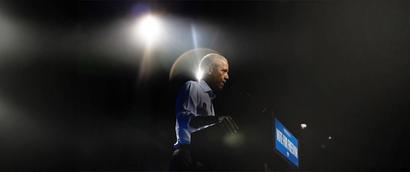
The UK’s biggest political moments of 2017
Let’s talk politics...
Words: Joseph Bullmore
If 2016 was a bumpy, downhill ride, then 2017 was a trip down the Cresta Run in a shopping trolley during an earthquake, only with extra fondling. A year of highs, lows, lowers, and lowests, 2017 saw the traditional world order torn up, institutions turned on their head, and MPs the country over scan their memory banks in a blind panic, searching in terror for potential indiscretions, historic hands-on-thighs, and misplaced chat up lines. Here are the biggest political moments of 2017.
Diane Abbott’s double car crash
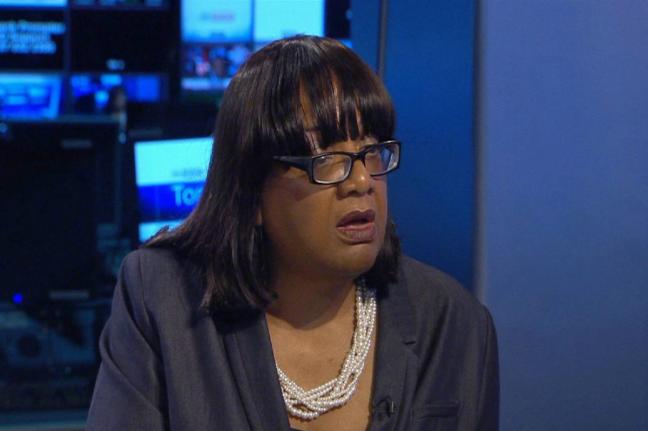
On the other side of the aisle, meanwhile, Labour were having personnel problems of their own. Diane Abbott, usually confined to purring stuffily on Andrew Neil’s sofa, was rolled out by Labour to make various media appearances under the unconvincing guise of Your Next Home Secretary. The thought terrified voters, not least when Abbott made two media appearances in as many weeks doing her best impression of a particularly clumsy fish out of water. The first involved some sub-GCSE mathematics and the future wellbeing of the police force (Abbott inadvertently suggested paying officers £9,000 a year), while the second concerned a terror threat report and an even-more-incredulous-than-usual Dermot Murnaghan — “Have you actually read the report?” he asked, to the furious sound of back-peddling and hole-digging.
Theresa May blows her lead
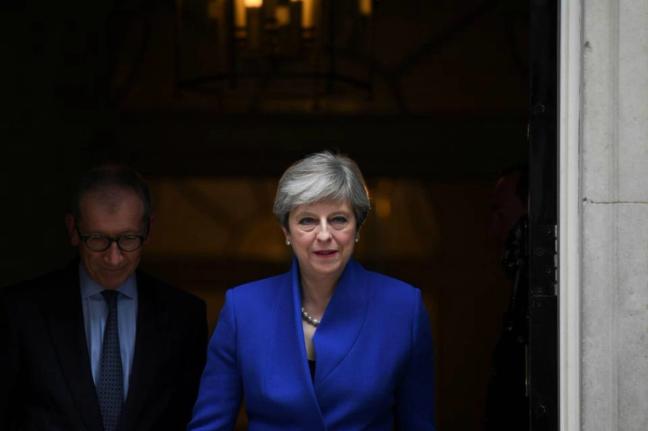
At the start of the year, Politico posed the question: “how blue can Britain go?” in response to the prospect of an on-rushing General Election. With Labour in apparent disarray, and UKIP outlasting its purpose now that Brexit had been declared, the Tories looked stronger than ever. Cue Theresa pulling the trigger, and waiting to waltz to an unprecedented Tory majority. But then, over the course of the longest election period in history, the conservative party began to lose their lead, percentage point by bumbling percentage point.
The Conservative manifesto launch was shambolic, with one of its central pledges being revoked within 24 hours of publication. A so-called Dementia Tax isolated May’s grey voters. A bizarre inclusion on fox hunting made the leader look out of date. And that’s before the “Maybot” had even stepped out to do her hustings — clinical, un-engaging, mechanical yet malfunctioning at every turn. By the time the Tory leader declared that her biggest indiscretion was that she had once “run through the fields of wheat” (the “the” there is particularly sweet), her opponent’s (relative) success was assured.
DUP’s power play
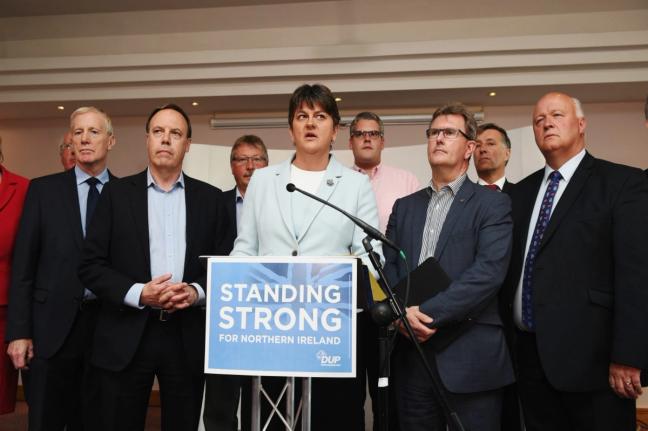
With Westminster in disarray, and no party gaining a majority, the Conservatives began scrabbling around for a handful of seats to make up the difference. Enter, stage (very, very) right, the DUP, a previously-fringe party whose manifesto was apparently focus-grouped sometime in the 1890s. Soon, Theresa May found herself sucking up to a stridently pro-Brexit party who suddenly had all the cards, and, promptly, a cheque for £1 billion. The party still holds disproportionate power in the commons, and their prominence raises lingering questions over the pursuit of control at almost any cost.
Jeremy the rockstar
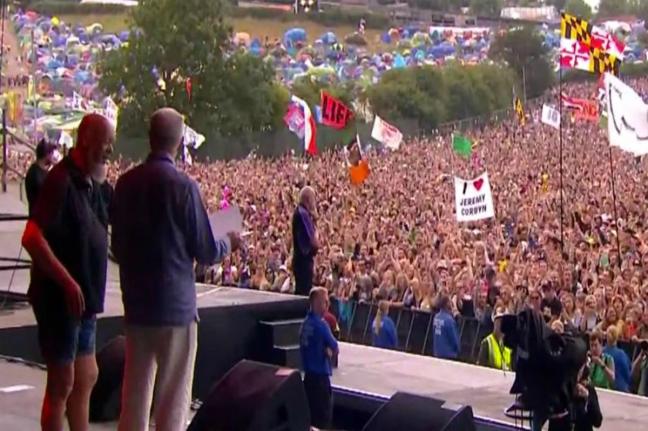
Corbyn may have lost the election, but to see his own Summer of Love unfold was to believe that he had come out on top in almost every metric. The hysteria reached a fever-pitch at Glastonbury in late June, when cries of “Oooh, Jeremy Corbyn” (sung to the tune of Seven Nation Army) rang out across Somerset amid the facepaint and the self-exploration. Corbyn even took to the lead Pyramid Stage at one point to an approving roar bigger even than his sweat patches (denim was a poor choice). Proclaimed a style-icon, avenging hero and, well, rockstar by the hoards, Jeremy’s Glastonbury moment was startling testament to how far the leader had come from decades of principled obscurity.
Theresa May’s party conference says it all
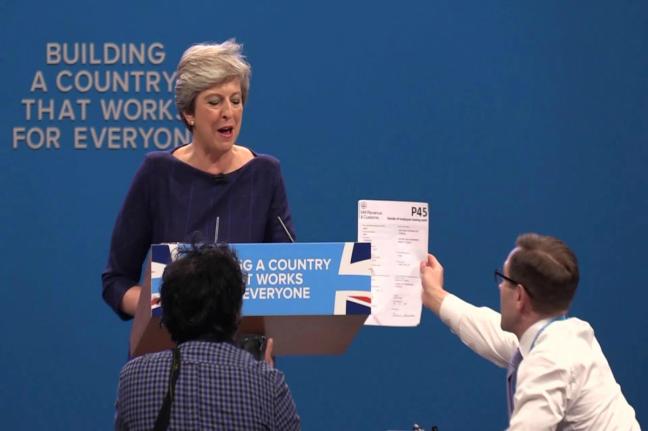
The Conservative party conference in October should have been a reassuring reminder of what had made the Tories so popular just a year before; an opportunity to steady the ship. Instead, it was a striking visual metaphor of everything that was wrong with the party.
First, a chancer comedian blindsided Theresa May as she approached the denouement of a pivotal speech and handed her a p45 slip. Next, the premiere was struck down by a crippling cough as she attempted to stress her own “Strong and Stable” credentials. And then things began to quite literally fall apart — a sign behind the prime minister that read “building a country that works for everyone” lost a first a letter F, and then a letter E. If a script writer had penned these vignettes, they would have been struck out as too preposterous by half. Yet, in the unlikely political atmosphere of 2017, they appeared depressingly true to life.
Sexual misconduct in Westminster
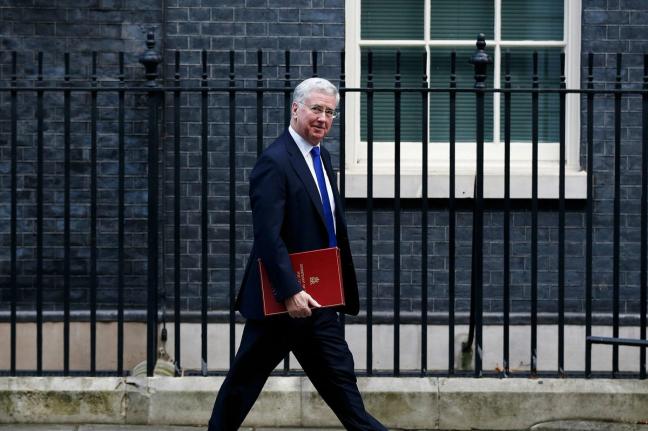
The full fall out of the Westminster Sex Scandal is not yet known, and will likely leech its toxic waste well into 2018. But two huge trees have been felled already from the very heart of government, in a stark reminder that Weinstein-esque indiscretions have been enacted on our own turf with just as much vigour.
Michael Fallon was the first to go after journalist Jane Merrick informed Downing Street that he had lunged at her back in 2003, before Julia Hartley-Brewer made some historic allegations about hands, knees (and quite possible shoulders and toes). He went, to be replaced by Gavin Williamson, the terrifying former-whip with a tarantula on his desk and everyone else’s skeletons in his closet.
Soon, the unshakeable Damian Green was struck down over allegations from a former police commissioner about pornography found on his computer in 2007. He was soon sacked after making a “misleading statements” about its contents, while hundreds of MPs across the land began to frantically search “how to clear your computer from any traces of porn, especially involving animals (I’m asking from a friend)”. There will be more to fall. Do your worst, 2018.

Become a Gentleman’s Journal Member?
Like the Gentleman’s Journal? Why not join the Clubhouse, a special kind of private club where members receive offers and experiences from hand-picked, premium brands. You will also receive invites to exclusive events, the quarterly print magazine delivered directly to your door and your own membership card.

